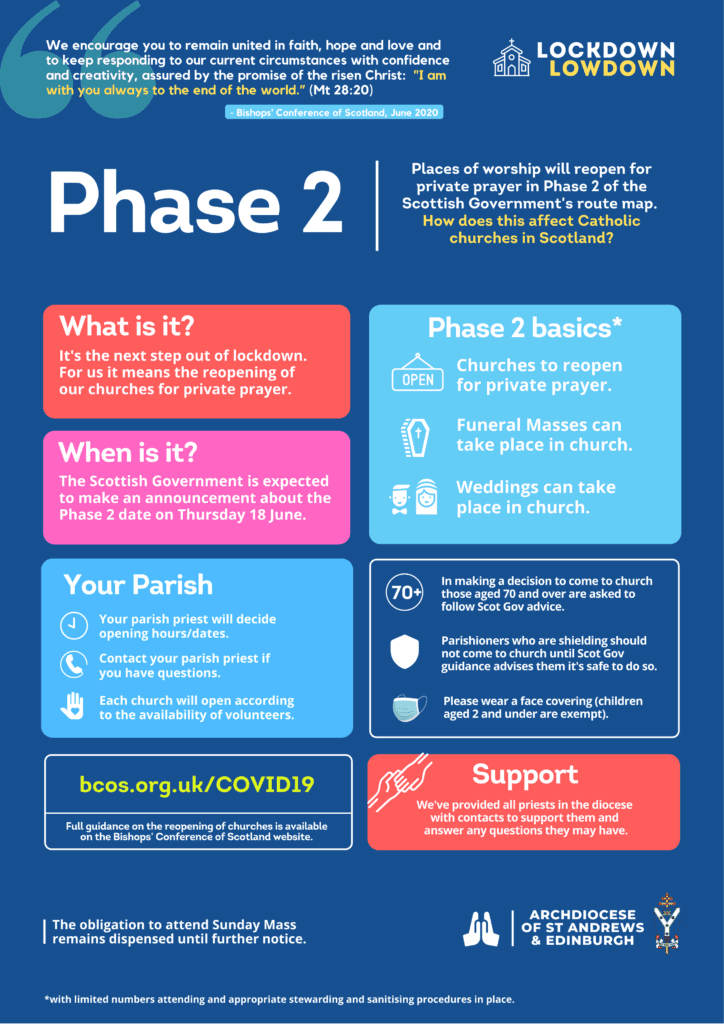WATCH: Archbishop Cushley on Fasting in Lent
Archbishop Leo Cushley reflected on the tradition of fasting in Lent on Good Morning Scotland on BBC Radio Scotland this morning (29 February). Watch below or on YouTube. Transcript below video.
Transcript
Recently, I learned that Queen Victoria proposed to Prince Albert, and not the other way round – not a big deal in the 21st century, but it was not exactly common in the nineteenth century.
She did so on the 19 of October 1839, but should she have waited until the 29 of February, six months later? I say this because, traditionally, the 29th of February – today - is a day when women get to propose to men. Who knew?
There are traditions wherever we look, some of them we love and some of them we resist.
I bet you have traditions around Christmas, or things that you do every year, or that may change but only very slowly and gradually.
It’s important to notice our traditions, as they tell us who we are, what we like, where we come from.
And once a tradition is established, it can be very tenacious, for better and for worse.
And there are traditions at different times of the year.
Dry January has become a recent tradition, but it’s mostly because we’ve overdone it during the Christmas holidays.
And Christians have the tradition of Lent around now: there are all sorts of things connected to it, from Carnevale in Venice to pancakes in Britain. All good fun, but for a good reason, because they mark the start of forty days when we fast and pray and prepare for Easter.
But the tradition of fasting during Lent isn’t about slimming.
It’s more about taking back control, control of yourself and of your appetites, and therefore taking back control of your own future.
Lent – fasting, prayer, abstaining - is a tradition that is about freedom, being free from yourself.
The people of Israel spent forty years in the desert, and we spend just 40 days in the spiritual desert of Lent.
The Israelites were trying to free themselves from Pharaoh, but we are trying to free us from our own selves – our weaknesses, our limitations to focus on something much greater than ourselves, as we anticipate the joy and celebration of Easter.
And that’s a tradition worth handing on.
